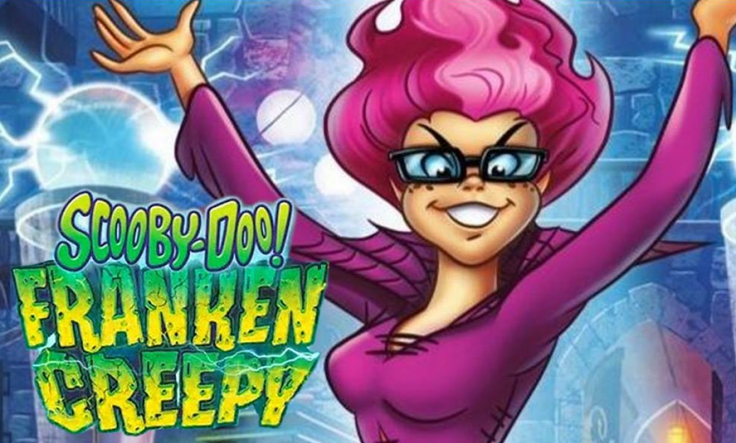‘Scooby Doo’ Movie Fat-Shames Daphne? Watch Video Clip Here And Decide [POLL]

Since it originally premiered in 1969, “Scooby-Doo” has been entertaining children and families for generations. However, a recent straight-to-video release from the franchise, “Scooby-Doo! Frankencreepy” (released Aug. 5) is causing some controversy. In the film, “the gang” explores a house that Velma has inherited, but it turns out there is a curse on property that, among other things, turns the superficial Daphne into an overweight version of herself. Many are now criticizing the film for what they see as the presence of “fat-shaming” in a family movie.
The curse in the film takes away whatever each character “holds most dear,” which in the case of Daphne is her looks. After her transformation Daphne is haunted by her reflection in the mirror, distraught about her new appearance. Watch a clip from the movie below:
Critics of the film say the idea of increased weight and a less desirable appearance is “fat shaming” and a harmful message to the young girls who will be watching the family film. Some believe that “fat shaming,” making overweight people feel bad about their appearance, is an effective “tough love” method to encourage weight loss, but many studies show that the continuance of the cycle of poor body image does more harm than good.
However, the studio behind the film, Warner Bros., maintains that the film’s plot is not “fat shaming” at all and, in fact, portrays a positive message. In a statement, the studio said “All of our content is run through Standards and Practices, and there is always sensitivity to obesity and self-image, especially when it comes to programming made for children and a family audience. While Daphne is at first upset by the sudden change, there is a touching moment where Fred points out that he didn't even notice a change and that she always looks great to him. At the end, when Velma explains how they figured out the mystery, she points out that the curse actually didn't take away what means the most to each of them: their friendship. The loss of Daphne's regular appearance is proven to be a superficial thing, and not what actually matters the most to her.” The studio suggests that the point of the story is that Daphne’s agony about her body image is misplaced and that her friends would accept her no matter what.
Does the film portray a negative instance of “fat shaming” or, in the context of the entire film, a positive message? Most women struggle with a negative perceived body image and merely depicting this struggle should not, necessarily, be considered dangerous. However, parents will have to make their own decisions before putting the newest “Scooby-Doo” movie on the television.
Is “Scooby-Doo! Frankencreepy” “fat shaming?” Answer below and tweet your thoughts to @Ja9GarofaloTV.
© Copyright IBTimes 2025. All rights reserved.






















